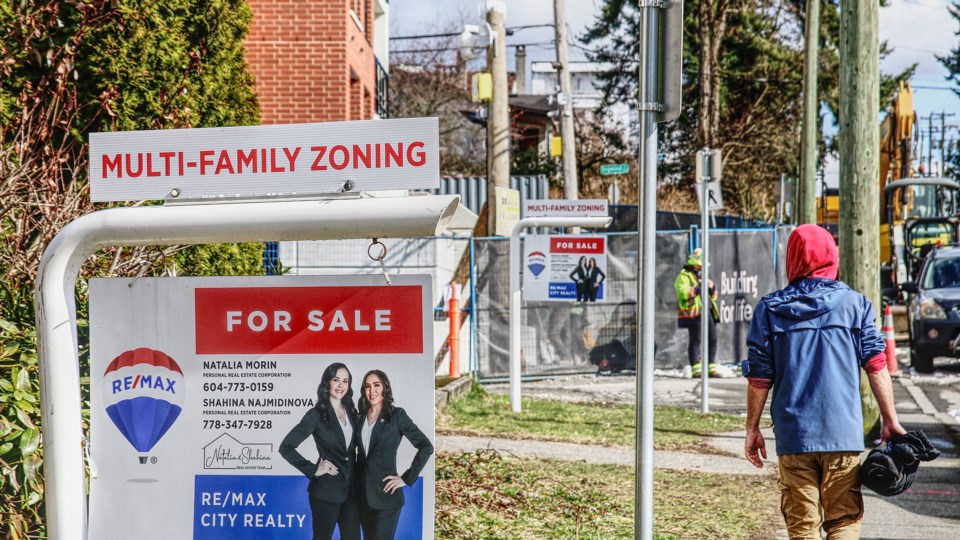Industry experts say they are less than enthusiastic about the province’s flipping tax.
Criticism points to low levels of flipping activity in С����Ƶ’s housing market, as well as the potential it has to discourage real estate investment and sales, according to those who spoke to BIV.
“I think it’s an ill-advised policy at this time. Maybe you could argue for it five, six years ago, but in today’s market, I don’t think it’s helping anybody,” said Ross McCredie, president and CEO of Sutton Group Realty Services Ltd.
The new home flipping tax, which is similar to the provincial speculation and vacancy tax, is aimed at discouraging investors from driving up prices by flipping properties. The initiative taxes the profit made from selling a residential property within two years of its purchase.
The tax rate will be 20 per cent for properties sold within 365 days of purchase, and gradually declines to zero per cent by the 730th day, according to budget documents.
There are exemptions for extenuating circumstances that might motivate a property sale within two years, including divorce, death, disability, illness and life changes such as loss of a job.
Legislation to enact the flipping tax will be introduced in the spring of this year and if passed, it will go into effect on Jan. 1, 2025, according to the С����Ƶ government.
The province says revenue from the tax will go towards building more homes. It is estimated to generate $11 million in the first three months of 2025 and $43 million in the first fiscal year of its implementation, according to budget documents.
Premier David Eby said in a news conference on Feb. 26 that the tax is not a “silver bullet.”
“They don’t expect this to be a big deal, which to me, makes it almost worse as policy because it’s going to have very limited impact,” said Brendon Ogmundson, chief economist at the British Columbia Real Estate Association (С����ƵREA).
When using the government’s definition, an estimated seven per cent of home sales between 2020 and 2022 were property flips, according to the province.
“It’s not a simple thing to get in and out of. So, those speculators that they’re talking about, I don’t think it’s a big number," said McCredie, noting the challenges and timelines associated with buying and selling real estate.
The number of homes that “were resold within a two-year period following previous sales represented about 11 per cent of total transactions” between 2019 and 2023, said Central 1 Credit Union chief economist Bryan Yu in an email.
Both Yu and Ogmundson said that many of these transactions would likely have been exempt from the tax.
“The actual share of ‘pure flips’ would likely be a much smaller number,” said Yu.
Based on the С����ƵREA’s calculations, the flipping tax may result in a reduction in home sales of 1.7 per cent over a three-year period and will have minimal impact on home prices.
Sellers may also delay listing homes to avoid the tax, something that could contribute to tighter market conditions, Yu added.
There could also be consequences for real estate investment, said McCredie.
“It’s a good sound bite politically, but it’s not going to have an impact in terms of housing and affordability. And more importantly, what it might do is actually detract some people from investing,” he said.
The tax also applies to assignment sales, which could dissuade investment in the pre-sale projects and affect the capital and liquidity flows to new developments.
“Investment in pre-sales with expectation to assign properties provides needed at-risk capital and liquidity to move projects forward. Delays in pre-sale sell-through will delay project construction and further add costs which would surely be an unintended consequence of the policy,” Yu said.
—With a file from Graeme Wood



